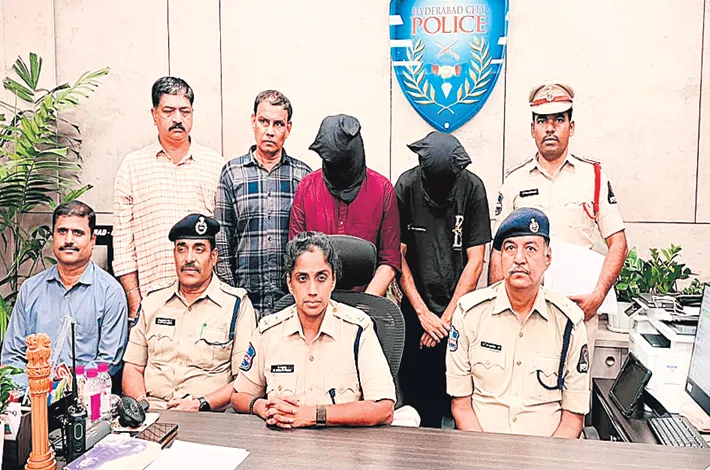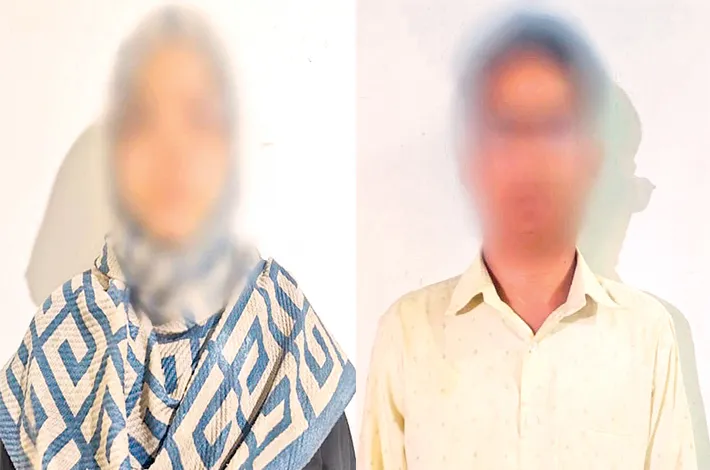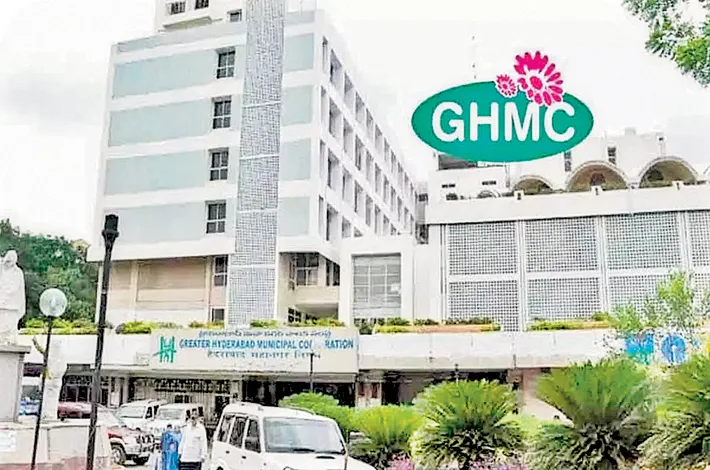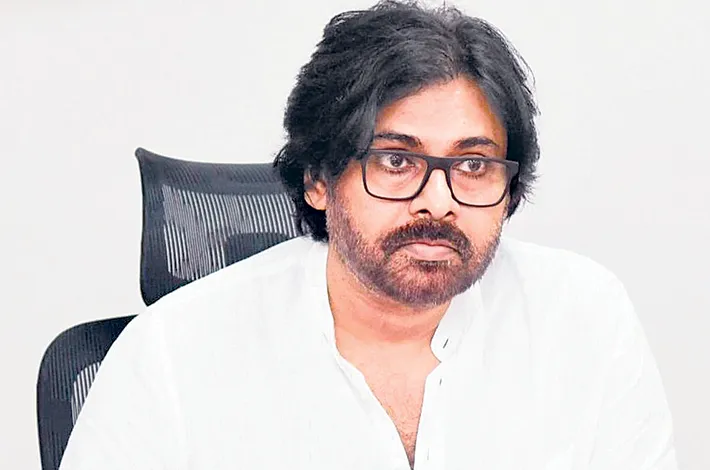India calls for action on trade barriers, extensive reforms
05-06-2025 12:00:00 AM
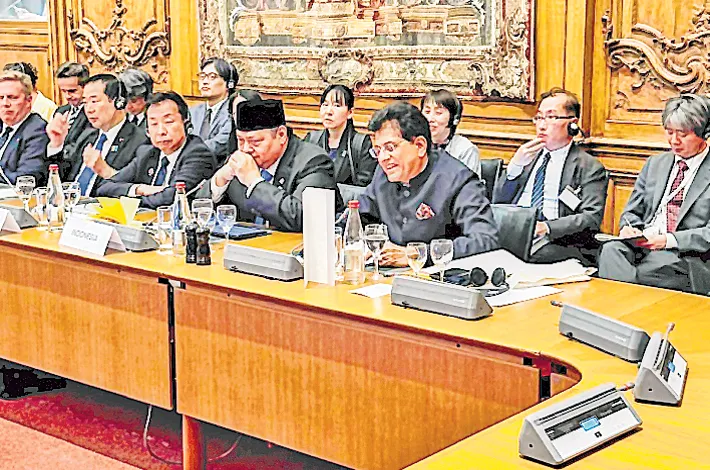
‘Safeguard WTO’s consensus-based decision-making process’
- Need to address trade distortions and strengthen multilateral governance ahead of next year’s crucial ministerial conference
- India made a strong pitch for addressing non-tariff barriers that certain countries use to deprive others of market access, taking necessary action against non-market economies, and ensuring we have a strong dispute settlement mechanism
India has pushed for comprehensive World Trade Organization (WTO) reforms, calling for decisive action against non-tariff barriers and restoration of the paralysed dispute settlement mechanism during high-level ministerial discussions in Paris.
Commerce and Industry Minister Piyush Goyal outlined India's reform agenda at a mini-ministerial gathering of 25 WTO member countries, emphasising the need to address trade distortions and strengthen multilateral governance ahead of next year's crucial ministerial conference.
Speaking to reporters after the Australia-convened meeting, Minister Goyal articulated India's three-pronged approach to WTO modernisation.
"India made a strong pitch for addressing non-tariff barriers that certain countries use to deprive others of market access, taking necessary action against non-market economies, and ensuring we have a strong dispute settlement mechanism," he said.
The minister emphasised preserving the WTO's consensus-based decision-making process while maintaining special treatment for developing nations - principles India views as fundamental to the trading system's legitimacy.
India's concerns are central to the WTO's crippled dispute settlement system, which has been effectively non-functional since 2009 due to US opposition to appellate body appointments.
The paralysis has left countries without recourse when trade disputes arise, undermining the organisation's enforcement capacity.
While some members have promoted the Multi-Party Interim Appeal Arbitration Arrangement (MPIA) as an alternative, Minister Goyal expressed scepticism about its effectiveness.
"Only one or two members spoke about that, but there doesn't seem to be much consensus or traction to that idea. I haven't heard of any cases resolved through MPIA," he noted. India firmly rejected attempts to expand the WTO's mandate beyond traditional trade issues, particularly opposing the China-led Investment Facilitation for Development proposal backed by 128 countries.





